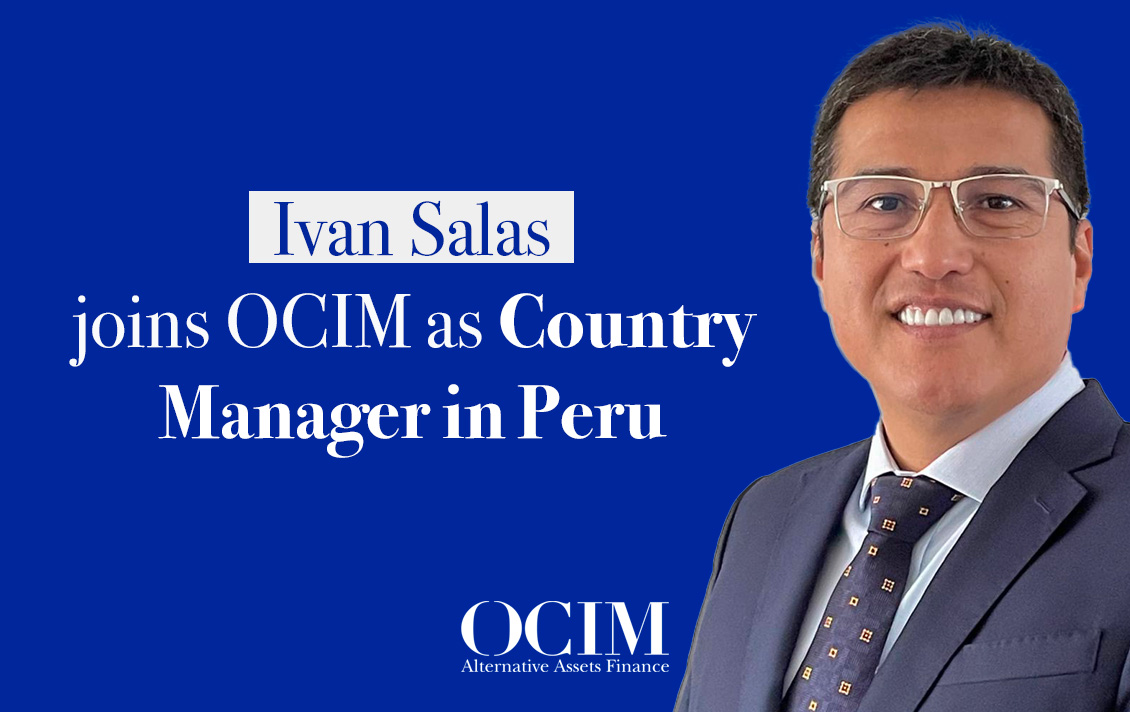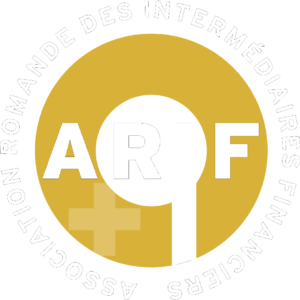Artisanal gold supply (2/2): the major challenge of pre-financing
The integration of ASM value chains into formal markets relies on the emergence of competitive alternative financing tools adapted to each local reality.
In the precious metals sector, the search for ethical and responsible sourcing begins upstream in the value chains, with consideration for the social and environmental conditions in which the ore is extracted and processed. In this context, the main objective is to integrate artisanal and small-scale miners (ASM) into the official markets. It is a challenge, as the sector is so dispersed, heterogeneous in its local realities and far removed from formal channels.
In reality, this sector is specific in at least two aspects:
1 // the precarious situation of the miners encourages them to sell their goods as soon as possible, even before they have extracted them;
2 // for security and convenience, the artisanal miners favor counterparts with whom they have a stable and established relationship.
Traditional financing does not support artisanal and small-scale projects, and microcredit solutions, however competitive they may be in agriculture, are not suitable for a sector characterized by a very high value of the underlying assets.
Absence of banking players
In the absence of traditional banks, ASM value chains have no choice but to be self-financing, with the downstream financing the upstream in a highly decentralized context made up of multiple layers of intermediaries. In practice, the role of final financier is often played by sometimes unscrupulous international buyers, who pre-finance the sector by buying the productions in advance in exchange for a discount, or by certain financiers who often see it as a convenient way to take the currency out of the country. The scale of this practice also enables these actors to offer artisanal miners particularly attractive financing conditions.
For responsible chains delivering their goods to refiners accredited as Good Delivery by the LBMA, the consequences are significant. Because in addition to the need to support artisanal miners in virtuous practices and to include the communities concerned in sustainable development trajectories, any attempt at integration into formal circuits must include a pre-financing component. This is a prerequisite for existing and not remaining on the margins of the market. Economies of scale through the massification of financing
But how can financing tools be developed that are truly suited to these challenges?
Two conditions must be met beforehand.
The first is the professionalization of the middle of the value chain. Refiners and end users are not intended to finance artisanal miners. It is not their job and their distance from the field generally means that they do not have the means to do so. Financing responsible ASM chains therefore relies on the emergence of alternative financial actors, capable of supporting the upstream chain in all its operational phases (extraction, logistics, processing) through specific short-term financing tools, while mitigating the risks inherent in this practice and opening the door to official markets for artisanal miners. These actors must therefore master both the local particularities of each ASM chain and the specific needs of end customers.
The second revolves around the notion of scalability. ASM chains being very local and low-margin sectors, their competitiveness depends on the generation of economies of scale and therefore on the massification of their financing. Only under these conditions will a responsible ASM sector integrated into the formal markets find the conditions for sustainable competitiveness. Under these same conditions, refiners and end customers will be able to access supplies that are both responsible and traceable.
And it is this huge project that OCIM is tackling by supporting its ASM partners in the field, offering them pre-financing solutions and enabling them to deliver to LBMA refiners and end users.








